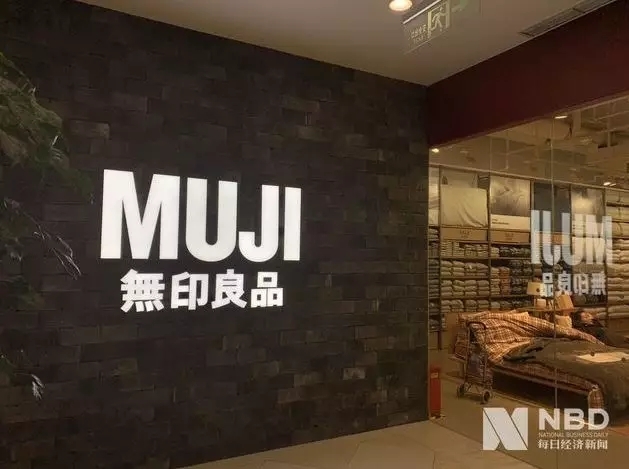
Photo/Zhang Xiaoyin (NBD)
Jan. 18 (NBD) -- Minimalist brand MUJI has removed its Oats Crunch Sable Hazelnut produced in Malaysia from its official websites for mainland China and Hong Kong.
This came after the Consumer Council of Hong Kong released a test report Tuesday saying the biscuit from the Japanese retailer, previously sold at 15 yuan (2.2 U.S. dollars) per pack on the mainland website, contains the highest level of genotoxic and carcinogenic glycidol and acrylamide among the 58 biscuits purchased from Hong Kong from August to October 2018.
In a field visit to several MUJI stores in Shanghai Thursday, NBD found the biscuit has been pulled off the shelves. The local food quality regulator has launched an investigation into the matter, a store employee told NBD.
When reached by NBD on the same day, MUJI (Shanghai) Commercial Co., Ltd. said the cancer-causing substances mentioned in the test report are not food additives, thus there is no such thing like illegal or excessive use, adding that there is no international standard capping the use of these substances.
The company also underlined the imported biscuit was found up to standard in the entry inspection and quarantine test.

Photo/Zhang Xiaoyin (NBD)
In recent years, MUJI was repeatedly entangled in product quality scandals.
As early as September 2014, a few batches of food imported by MUJI was found failing quality standard. In 2017, the Japanese brand was slapped with multiple administrative penalties for quality issues and exaggerated advertising. In April 2018, a soft shell luggage case produced by MUJI (Shanghai) was deemed by China's quality watchdog as unqualified.
Last week, MUJI's parent company Ryohin Keikaku Co., Ltd. released results for the first three quarters of fiscal 2018.
According to the report, MUJI netted revenue of around 53.64 billion yen (483.67 million U.S. dollars) in China in the nine months ended November 30, 2018. In the country, the retail company is seeing its differentiation advantages further weaken due to the rapid rise of similar brands like Yeation, Miniso, HLA, and NOME.
In particular, in late September of last year, Miniso announced it has secured investment totaling 1 billion yuan (147.79 million U.S. dollars) from Tencent and Hillhouse Capital, posing a greater threat to MUJI.
Facing intensified competition, MUJI announced more than ten price cuts in recent four years.
Cheng Weixiong, general manager of a Shanghai-based brand management firm, told NBD that MUJI was unquestionably successful in China in earlier years, but with the further boom of the Chinese consumer market, the retailer with a presence mainly in first- and second-tier cities has to re-position itself to expand its footprint in small cities.
Email: lansuying@nbd.com.cn


 川公网安备 51019002001991号
川公网安备 51019002001991号





